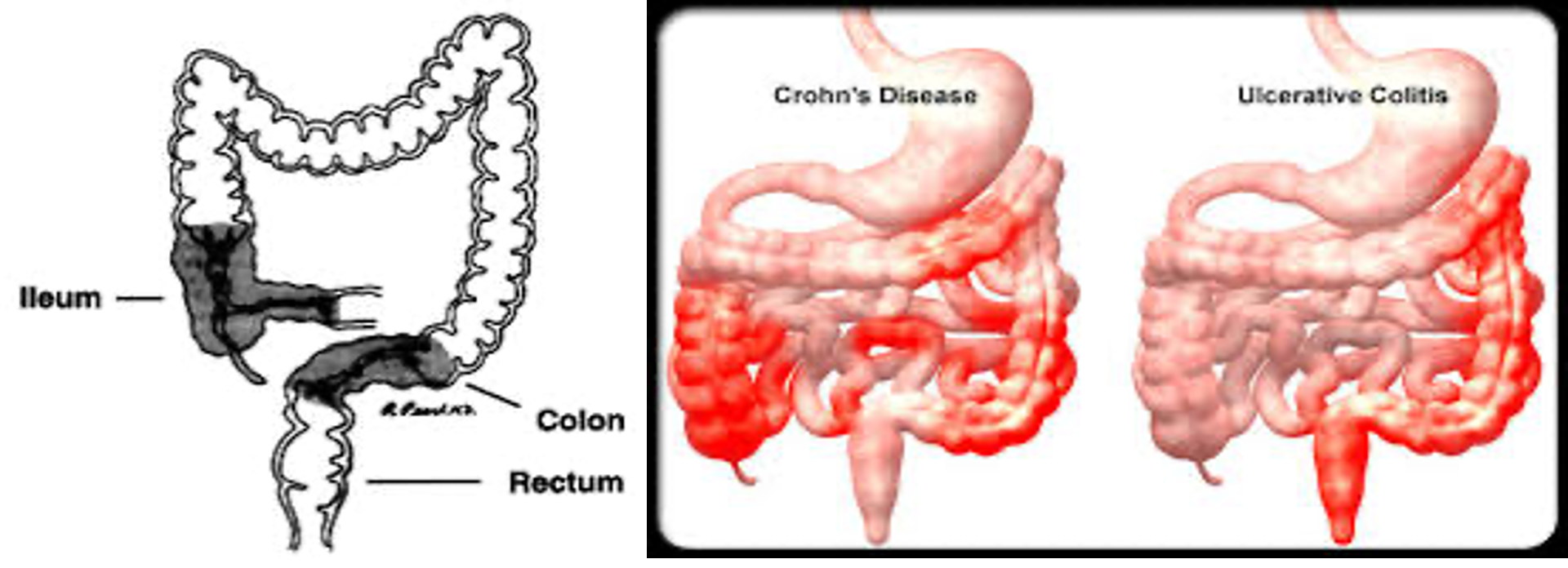Chronic Diarrhea
Chronic diarrhea (persistent) – lasts 14 days or longer. In the underdeveloped parts of the world, chronic diarrhea or protracted diarrhea occurs as a sequela in about one in every 200 children with acute gastroenteritis.
Risk Factors for Developing Chronic Diarrhea
- Malnutrition (developing countries).
- Lack of breastfeeding.
- Zinc deficiency.
- Infection with enteropathogenic E. coli.
- Immune deficiency: e.g., HIV, combined immune deficiency.
- History of IUGR.
- A recent acute diarrheal episode; lactose intolerance.
- Recent antibiotic use.
- First-degree relatives with Celiac Disease, Cystic Fibrosis, and inflammatory bowel disease (IBD).
Common Causes of Chronic Diarrhea
- Diarrhea following infection (post-infectious diarrhea): Giardia can lead to chronic diarrhea.
- Chronic nonspecific diarrhea: Seen in toddlers and is usually dietary in origin, such as from drinking too much juice.
- Celiac disease (gluten intolerance).
- Inflammatory bowel disease (ulcerative colitis and Crohn disease).
Lactose Intolerance
- Diarrhea, abdominal pain and distention, excessive burping, and gas.
Irritable Bowel Syndrome
- A common cause of diarrhea in teenagers.
Diarrhea After Antibiotic Use
- Antibiotic-associated colitis (Clostridium difficile).
- Malnutrition.
- Food allergies: Diarrhea, skin rashes, abdominal pain, poor growth, nausea, and vomiting.
Malabsorption
Malabsorption is the inability to absorb food fully, mostly from disorders in the small bowel, but also due to maldigestion from disease of the pancreas. Causes include:
-
Enzyme deficiencies or mucosal abnormality, as in food allergy and food intolerance: Z
- Celiac disease (Gluten intolerance).
- Lactose intolerance (intolerance to milk sugar, more common in non-Europeans).
- Fructose malabsorption.
-
Pernicious anemia,
- due to the inability to absorb vitamin B12.
-
Loss of pancreatic secretions,
- which may be due to Cystic Fibrosis or pancreatitis.
-
Structural defects,
- like short bowel syndrome (surgically removed bowel) and radiation fibrosis, such as usually follows cancer treatment and other drugs, including agents used in chemotherapy.
-
Certain drugs, like orlistat, which inhibits the absorption of fat.
Inflammatory Bowel Disease Y
Ulcerative Colitis
- Marked by chronic bloody diarrhea and inflammation mostly affects the distal colon near the rectum.
Crohn’s Disease
- Typically affects fairly well-demarcated segments of bowel in the colon and often affects the end of the small bowel.


Irritable Bowel Syndrome Y
- Usually presents with abdominal discomfort relieved by defecation and unusual stool (diarrhea or constipation) for at least 3 days a week over the previous 3 months.
- Symptoms of diarrhea-predominant IBS can be managed through a combination of dietary changes, soluble fiber supplements, and/or medications such as loperamide or codeine.
- About 30% of patients with diarrhea-predominant IBS have bile acid malabsorption diagnosed with an abnormal SEHCAT test.
Other Causes of Chronic Diarrhea Y
- Microscopic colitis (IBD): Changes are only seen on histological examination of colonic biopsies.
- Bile salt malabsorption (Primary bile acid diarrhea), excessive bile acids in the colon produce a secretory diarrhea.
- Hormone-secreting tumors: e.g., Serotonin.
- Chronic mild diarrhea in infants and toddlers may occur with no obvious cause and with no other ill effects (toddler’s diarrhea).
- Congenital chloride diarrhea.
Investigations for Chronic Diarrhea Y
- Sweat chloride test.
- Stool electrolytes & osmolality.
- 72-hour stool collection for fat determination.
- Breath hydrogen test.
- Celiac disease antibodies.
- Stool alpha1-antitrypsin.
- Endoscopic studies with biopsies.
- Barium studies.
- Hormonal & neurotransmitter studies (such as vasoactive intestinal polypeptide, gastrin, secretin).
Treatment Y
- Treatment of the underlying cause.
- Antibiotics may be prescribed for children with specific bacterial or parasitic illnesses.
- Probiotics.
- Medications that slow down bowel movements (occasionally).